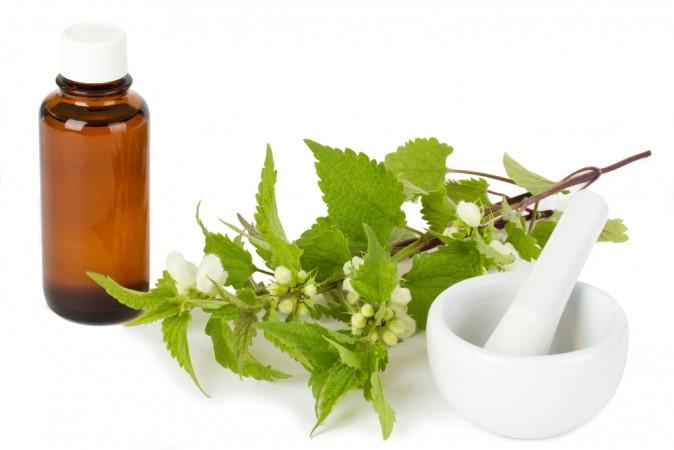Urinary tract infections (UTIs) predominantly afflict women, accounting for a large number of medical appointments every year. UTIs are uncomfortable and can cause frequent and burning urination, urinary urges with little or no result, cramping, lower abdominal pressure, and odorous cloudy urine.
Urinary Anatomy
The urinary tract begins with the kidneys where waste is filtered from the blood, creating urine. Urine flows through tubes (known as ureters) to the bladder, where it is stored. During urination, the urine flows through the urethra (the external entrance to the urinary tract) and exits as waste.
A UTI can affect any or all of the organs involved. When the infection works its way up the urethra to the bladder, it is called cystitis; through the ureters and into the kidneys, it’s known as pyelonephritis. UTIs can even lead to a serious blood infection called septicemia. Most UTIs are caused by Escherichia coli (E. coli) bacteria (70–95 percent). They can also be caused by Staphylococcus saprophyticus (5–10 percent), Proteus mirabilis (1–2 percent), and Klebsiella spp. (1–2 percent).
Read more about natural remedies for UTIs
Why Women?
Urethra Length. Women’s urethras are only 1 1/2 inches long—much shorter than men’s (8 inches). Therefore, invading bacteria have a shorter distance to travel, making women more prone to UTIs.
Delayed Urination. Women often “hold it” when they really should urinate. Holding it in allows bacteria to flourish instead of being flushed from they system.
Wiping Pattern. A woman’s anus and urethra are relatively close together. Women should always wipe from front to back, ensuring bacteria present in stools are wiped in the opposite direction of the urethra to decrease risk of infection.
Intercourse. Sexual activity can bruise urethral tissue and lead to inflammation and infection. Urinating both before and after intercourse can help flush bacteria and decrease chances of infection.
Birth control. Chemicals in birth control spermicides (condoms, foams, gels, etc.) can irritate the urethra, leading to infection. Using unlubricated condoms can further contribute to UTIs by bruising urethral tissue. Diaphragms can put pressure on the bladder and cause incomplete urination, which allows for bacterial growth.
Chemical Exposure. Hygiene may be partially to blame for the prevalence of UTIs. Soaps, powders, perfumes, vaginal deodorants, and douching can all irritate the urethra and lead to infection.
Maternal Predisposition. There is a familial component to UTI risk. If your mother suffered from UTIs, you are more likely to get them. Also if you have experienced a UTI before age 15, you are predisposed to future infections.
Menopause. When women go through menopause, there is a decrease in estrogenic hormone levels. This causes numerous physical changes including a thinning of the urinary tract wall, which weakens mucous membranes, reducing the ability of the urinary tract to fight off infections.
Pregnancy. Your body undergoes numerous changes as you adjust to the demands of a growing fetus. Some of the hormonal changes cause the relaxation of urinary tract smooth muscle; when the muscle is relaxed, urine flow slows down, enabling bacteria to stay in your body longer where they can grow and flourish.
Antibiotics. Our preoccupation with a quick fix is partially to blame. Although sometimes necessary, antibiotics are often over-prescribed for conditions they cannot help with. Antibiotics wipe out bacteria, both bad (pathogenic) and beneficial, protective ones (probiotics). When the urinary tract and gastrointestinal systems have no probiotics in them, they are left unprotected against invading pathogenic bacteria.
If you suspect you have a UTI, your doctor should test your urine for bacteria and prescribe an appropriate course of action. Follow the directions completely to avoid bacterial resistance, which can increase your risk of future infections in your urinary tract and throughout your body.






